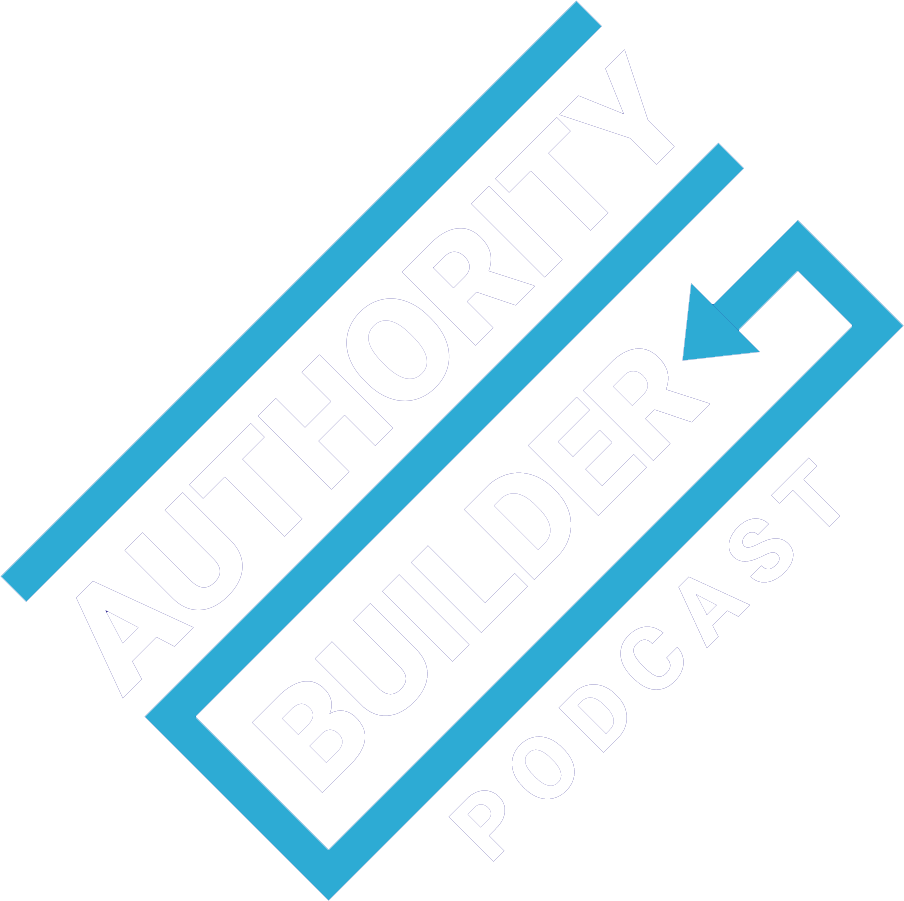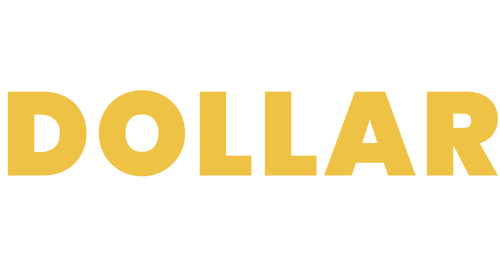A successful coffee shop must have great coffee. That’s a given, says Tom Vincent, founder of the Texas Coffee School.
But, says Tom, a coffee shop has to offer so much more to bring in customers… and we’re not talking scones and biscotti or comfy couches.
Tom outlines how to differentiate one coffee shop from all the others in today’s crowded marketplace. Those lessons apply to startups in any industry. The first one: your product is not what you’re really selling.
Tune in to find out…
- Why your business shouldn’t be like a Chinese restaurant
- The eco-system of success
- A simple secret for making the decision for your future customer
- Having the best product in the industry doesn’t matter if you don’t do this
- And more
Listen now…
Mentioned in this episode:
- (https://www.texascoffeeschool.com)
- Odd Fellows
- Simon Sinek


